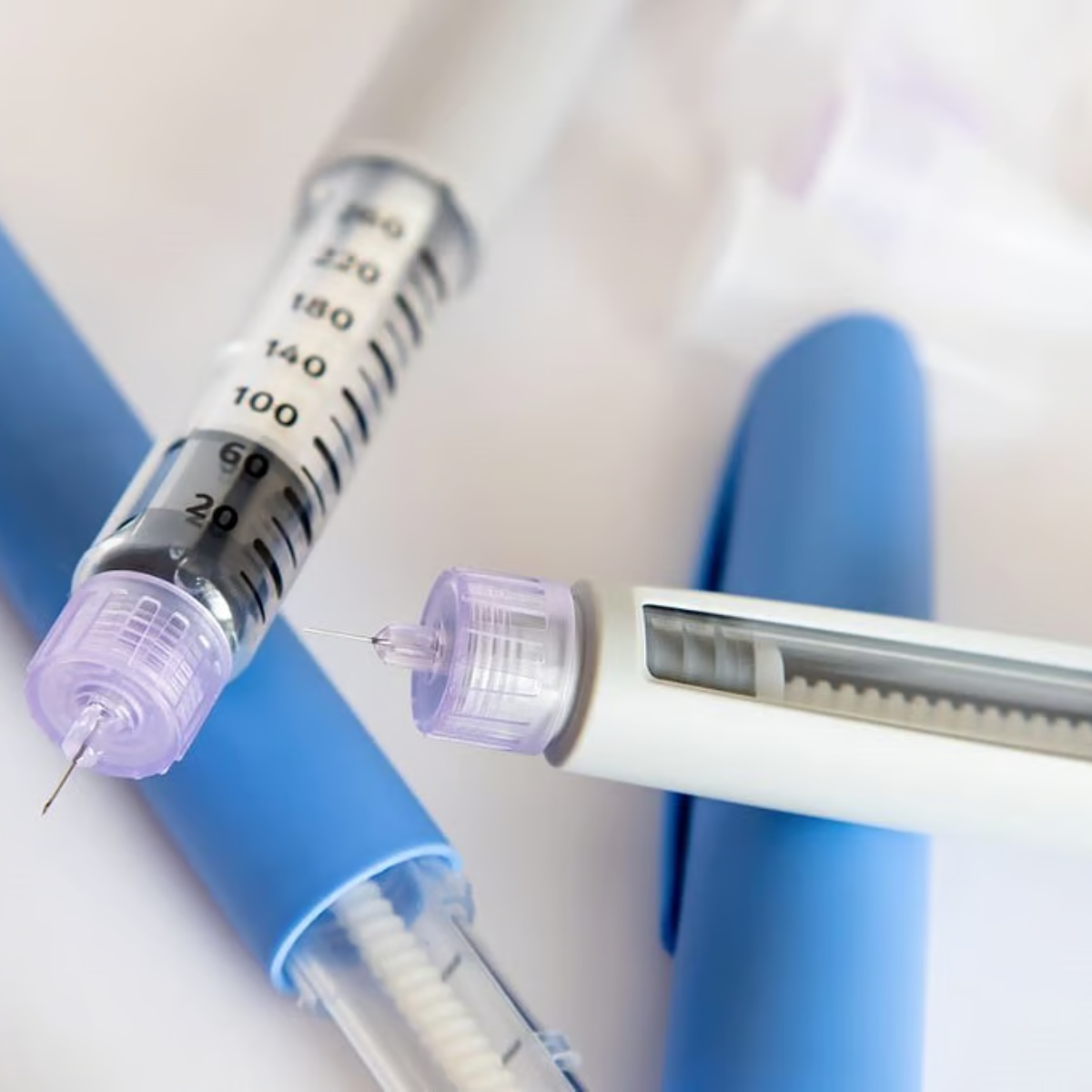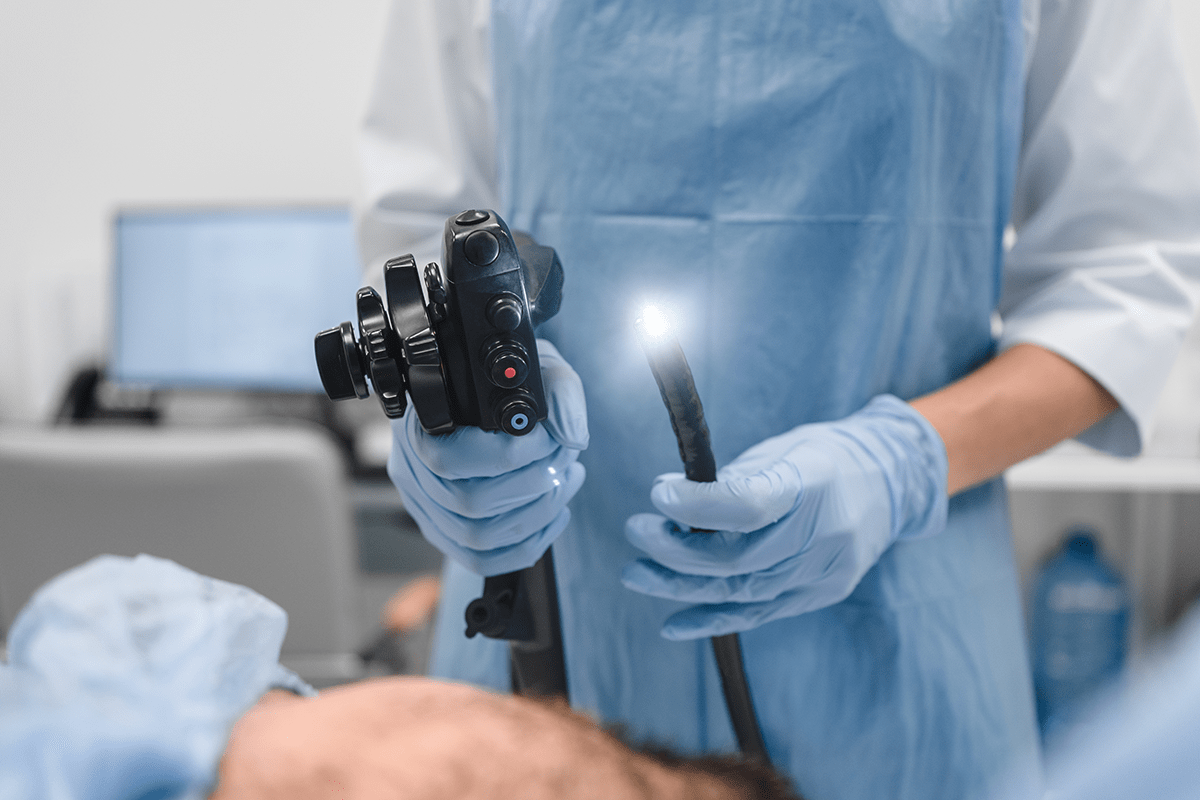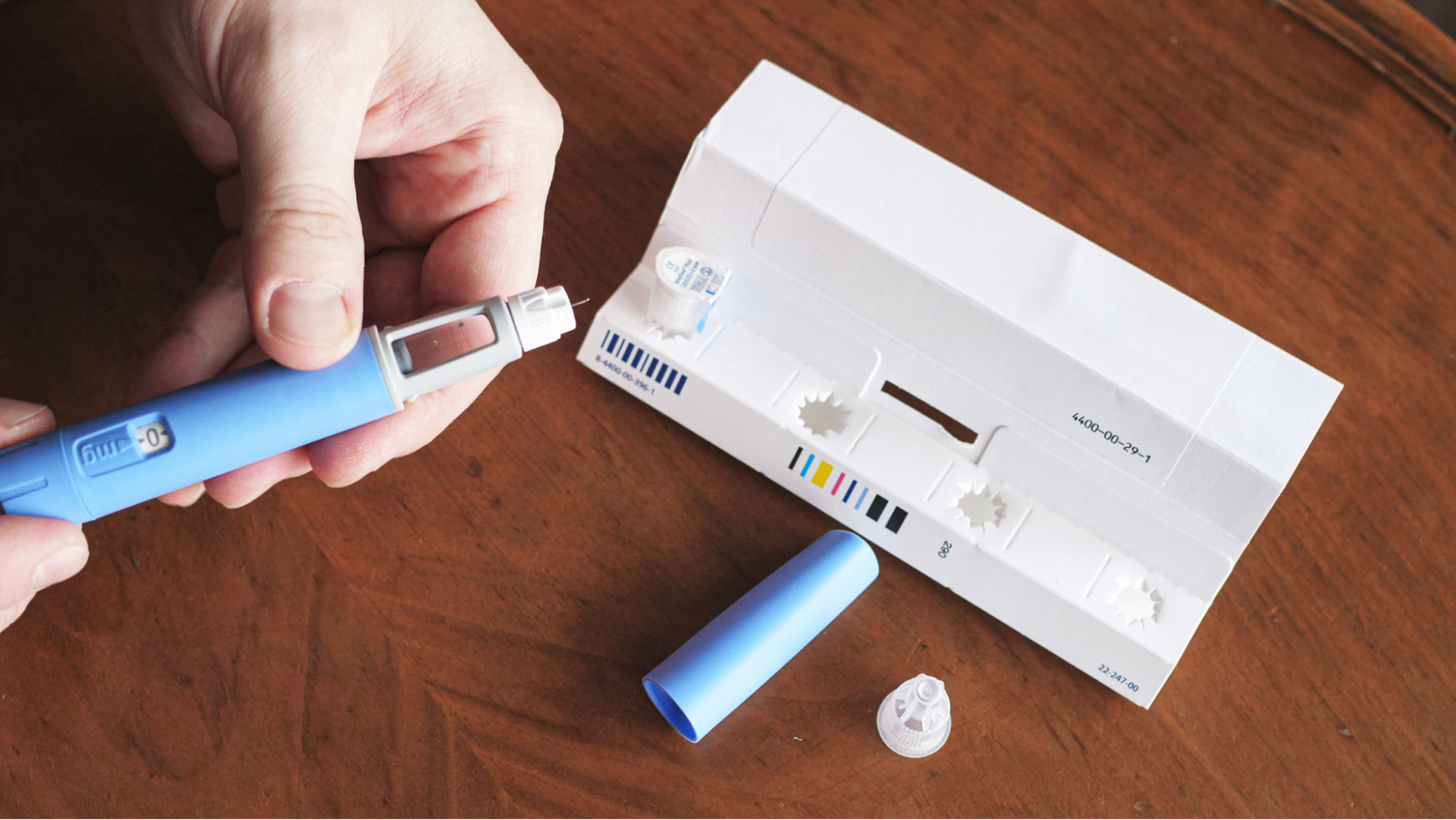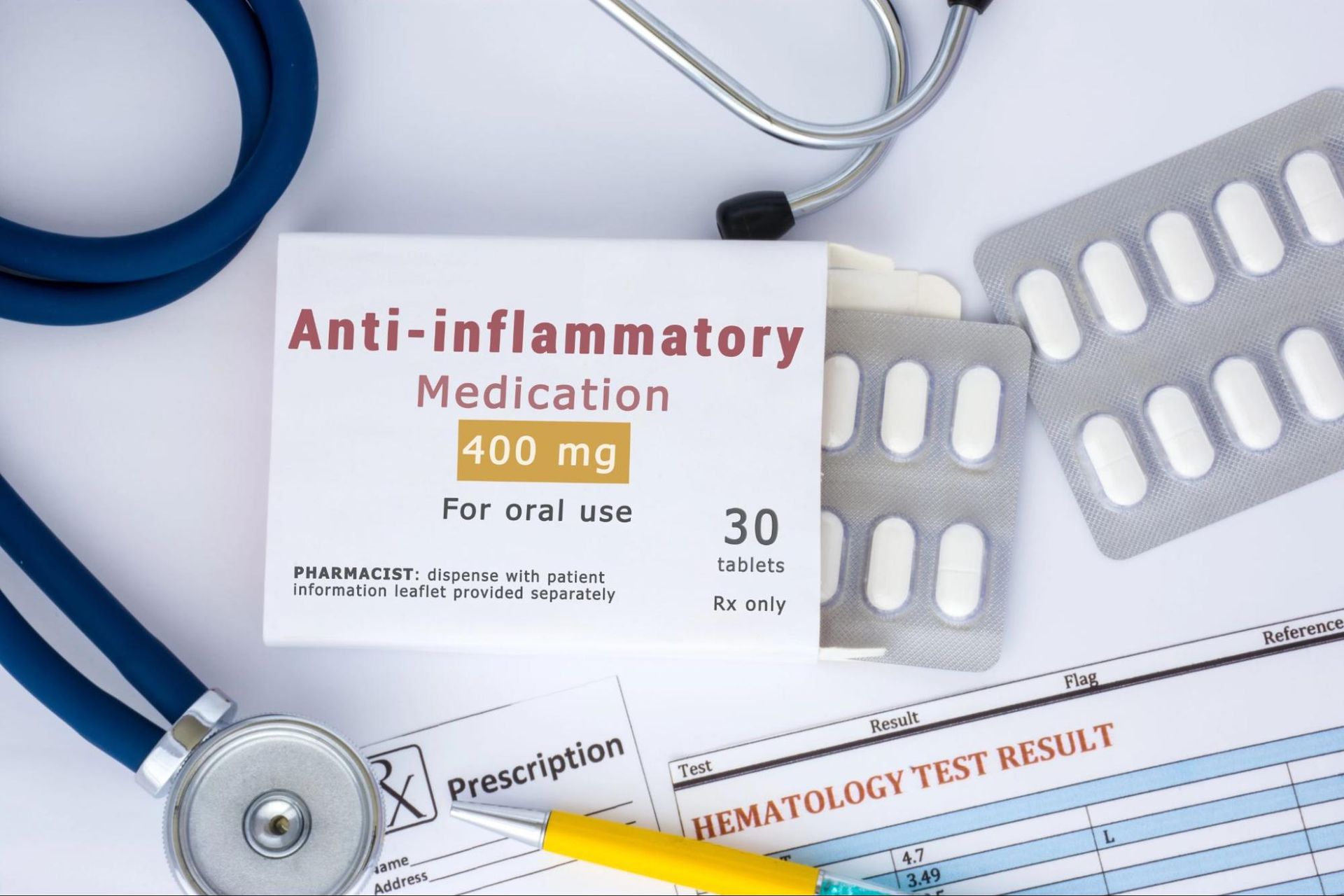Top Apps After Weight Loss Surgery
Now that you’ve had weight loss surgery and are on your way to a healthier life, it’s time to take advantage of technology and use some of the great apps out there to help you along the way. But which apps should you use? There are a lot of choices and many of them seem similar.
We reviewed over 30 of the most popular apps for weight loss and below are some of our favourites.
BARITASTIC

This free app is specifically built for bariatric surgery patients.
Features:
- Nutrition and Water Tracking
- Reminders - Vitamins, Water, Protein Shakes, Meals, Other
- Bariatric Food, Water, and Bite Timer
- Create a Photo Timeline to Track Your Journey
- Patient Journal - Log thoughts, take pics, rate your hunger and happiness.
- Newbie Checklist - Stay on task and get to surgery.
- Bariatric Surgery Specific Recipes
- Bariatric Surgery Specific Resources
- Baritastic Social Support Group
- Connect to YOUR Bariatric Program Through the Baritastic App
- Body Mass Index Chart
Whether you are considering weight loss surgery or are already losing weight, this app is great. Lap Band, gastric bypass, gastric sleeve, gastric balloon, duodenal switch - it's all here.
MY DIET COACH

With My Diet Coach, you’ll keep on top of every calorie with the diary section, while the macro tracker, diets, recipes, and daily recap will make sure you have all the guidance you need to keep you on the right track.
Features:
- Daily food diary and macro tracker. Break down everything you eat by day, meal, and macronutrients. Swipe through the days and plan future weeks by logging your meals in advance. Receive calorie intake recommendations and track your path towards your target weight. Incorporate calories burned off through exercise, so you always have the full picture of how your workouts affect your progress.
- Ketogenic diet...and many more. Keto is just one of the several diets included in My Diet Coach. Want more flexibility? Enter your own custom plan.
- Recipes. Get all the good stuff with a pantry full of delicious recipes to explore, create, and enjoy!
- Meal groups. Eat the same items regularly? Group them together into a meal and log them in a flash.
MyDietCoach integrates with Health App, allowing users to import body measurements data from Health App to MyDietCoach.
FOODUCATE

This app comes highly recommended by health professionals everywhere.
Features:
- Log your food intake and exercise
- See the quality of calories
- Count your macros: protein, fats, carbs
- Analyze your sugar intake
- Track your sleep, mood, and hunger levels
- Enter your recipes and instamagically & see their nutritional value!
- Seamlessly integrated with Apple Health
This app can be personalised. Note: some personalization features require a premium account.
- set your desired weight loss rate
- keto diet coach
- low-carb advice & carb management
- lower your cholesterol,
- discover foods for heart health
- eat to beat diabetes
- women's health (pregnancy, lactation,PCOS)
- dietary goals (non processed foods, vegetarian)
- avoid MSG, HFCS, GMOs and other ingredients
- low FODMAP diet
- Gluten free and other allergens
Fooducate analyses information found in product nutrition panels and ingredient lists. Scan to discover things manufacturers don't want you to notice:
- added sugars
- artificial sweeteners such as aspartame
- trans fats
- high fructose corn syrup
- MSG
- controversial food colorings
- GMO - genetical modified organisms (premium feature)
- additives and preservatives
- and more...
This app has a huge database of foods.
- Scan hundreds of thousands of unique product barcodes
- Get a personalized nutrition grade (A, B, C, or D) for each food
- Get suggestions for healthier foods based on what you scan
WATER REMINDER

Water Reminder will help you to calculate how much water your body needs, track your hydration and gently remind you to drink water to fulfil your goal.
Features:
- Improve your health with personal drink notifications.
- Create custom drink volumes easily.
- Schedule notifications according to the time you wake up and sleep.
- Choose the interval between notifications.
- Track your historical consumption during the day, week and month.
- Track your daily nutrition values.
- Supports Imperial ( fl. oz. ) and Metric ( ml. ) units.
Water Reminder uses HealthKit in order to record drinking data to the Nutrition section in the Health application. The app requests access to the following data types: Water, Caffeine, Protein, Dietary Energy, Fat, Carbs and Sugars. When you add a drink to the app - it automatically sends to Health app.
MYFITNESSPAL

Track progress toward your nutrition, water, fitness, and weight loss goals with MyFitnessPal. This all-in-one food tracker and health app is like having a nutrition coach, meal planner, and food diary with you at all times.
This is a health app to help you learn about your habits … see how you eat … make smarter food choices … find motivation & support ... and conquer your health goals.
Features:
- Log Food – Easy-to-use tools make food tracking quick and simple
- Record Activity – Add workouts and steps with the fitness tracker
- Customize Your Goals – Weight loss, weight gain, weight maintenance, nutrition & fitness
- See Your Progress – Track at a glance, or analyze nutrition & calories in detail
- Learn From a Registered Dietitian – Meal Plans customized for your target calories, whether you want to lose or gain weight—with access to our Meal Planner tool
- Stay Inspired – 500+ healthy goal-focused recipes and 50 workouts keep routines fresh and fun
- Connect With Community – Find friends and motivation in our active forums
Gain Valuable Insights Through Food Logging
Discover which foods fuel you best. It’s not just a diet app, calorie counter to lose weight, or a faster way to fat loss—it’s about holding yourself accountable and understanding what you put in your body.
- One of the Largest Food Databases – Track calories in over 14 million foods (including restaurant dishes)
- Fast & Easy Food Tracker Tools – Type to search, add foods from your history, or quick-add calories
- Bar Code & Meal Scan: Log store-bought foods and entire meals using your phone’s camera
- Calorie Tracker – Automatically count calories and see your daily progress
- Macro Tracker – See carbs, fat & protein breakdown by gram or percentage—no need for a separate carb tracker or keto diet app!
- Nutrition Tracker and Insights – Analyze nutrition intake and set specific goals for macros, cholesterol, sodium, fiber & more
- Water Logging – Easily keep track of your water intake.
Customize Your App Experience
Choose settings that help you achieve your goals.
- Custom Goals – Track calories by meal or day, set up macro goals & more
- Personalized Dashboards – Pick stats you want to see at a glance
- Net Carbs Mode/Carb Tracker – To simplify a low carb or keto diet, view net (not total) carbs
- Protein Counter – Set your protein goals and track how much you eat during the day
- Add Your Own Foods/Meal Tracker – Save recipes and meals for quick logging
- Connect 50+ Apps & Devices – From fitness tracker and smartwatch apps, including the Health app
- Track With Apple Watch – A calorie tracker, water tracker, and macro tracker on your watch face.
LOSE IT

Lose It! is a calorie counting, nutrition tracking, and intermittent fasting tool that helps you ditch the unwanted behaviors that are holding you back from reaching your weight goals.
HOW LOSE IT! WORKS
Lose It! uses the proven principles of calorie tracking to educate and help you succeed. To get started just input your profile details with your goal weight and we’ll calculate the daily calorie budget best for you. Next, easily track your food, weight, and activity, and get ready to celebrate your weight loss victories. There’s no easier way to change your habits and learn about your nutrition needs.
LOSE IT! FEATURES
- NEW! Nutrition Strategies - Whether you're a nutrition novice or a macro-tracking expert, we have a nutrition strategy that will meet your needs. Our dietician-curated strategies will support everything from keto to plant-based and more!
- Barcode Scanner – quickly scan food barcodes or search our database to track foods you’ve eaten.
- Snap It – log food by simply taking a photo of your food. Just tap the camera icon for food tracking as easy as taking a picture. (2016 CES Innovation Award Winner).
- Track Nutrients – track more than just calories including macros, proteins, water, carbs, sugars, body measurements, sleep cycles, and more.
- Milestones - break down your weight loss goal into smaller, more achievable segments
- Healthy Living Articles - get inspired and stay informed on wellness topics with new content every day.
- Fitness App Syncs – connect trackers, apps, and devices like Fitbit trackers, Misfit trackers, Fitbit scales, Garmin trackers, Withings scales, Google Fit, Healthkit, and more.
- Biggest Food Library Database – 50+ million searchable foods in our international library.
- Intermittent Fasting - set your fasting plan and track your fasts in the same app where you track your food.
- Calorie Scheduling - schedule higher days and lower days so that your plan fits in your lifestyle.
- Meal Planning & Targets – meal targets help you calculate suggested calories per meal based on your goal while meal planning allows you to customize your meal names and snacks for more accurate records.
- Patterns – learn about your habits with our exclusive personal insights and patterns to identify what is hindering or helping your progress.
- Themes – personalize the look and feel of Lose It! with themes that speak to your personality.
- Recipes – customize your weight loss journey with breakfast, lunch, and dinner meals you create yourself.
MYNETDIARY

This is a free, unlimited calorie counter with a barcode scanner, food and macros tracker, or a comprehensive and effective diet plan? MyNetDiary is sleek, smart, simple. It's the most personal weight-loss, diet, and nutrition assistant with a large food database.
FOODILITY

A simple food and fitness diary. A picture says a thousand words - this app is excellent if you prefer taking photos of your meals to track your intake rather than writing them into your diary.
Features:
- Simple food and fitness diary without required calorie counting (calorie is OPTIONAL).
- Supports meal, exercise, water, weight, medication, supplement, and mood logs.
- Just write what you want on beautiful and simple expandable sticky notes.
- PDF support for meal, exercise, water, weight and other note types.
- Statistic Charts for water and weight posts.
- Sync data between iOS devices (Account registration required to use this feature).
- Push notification (alarm) to remind yourself of meal, water, exercise and etc.
- Calendar view lets you organize your food and fitness experience.
- Supports both restaurants and custom locations for posting.
- Intuitive and clean posting pipeline that guides you to create an organized food and fitness posts/log.


















